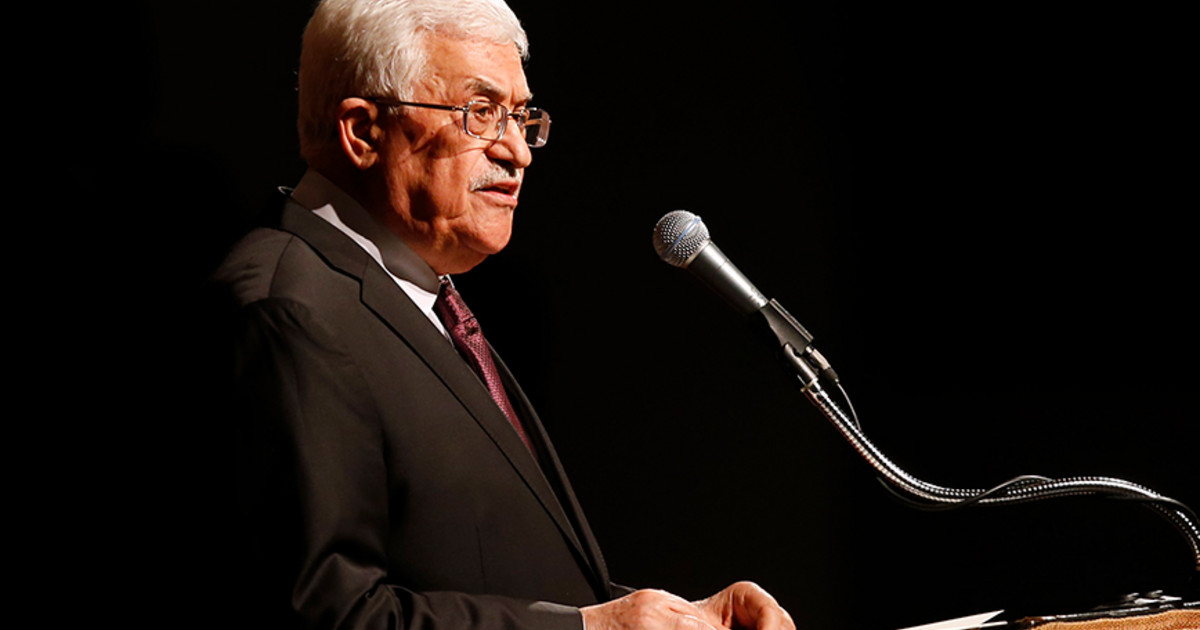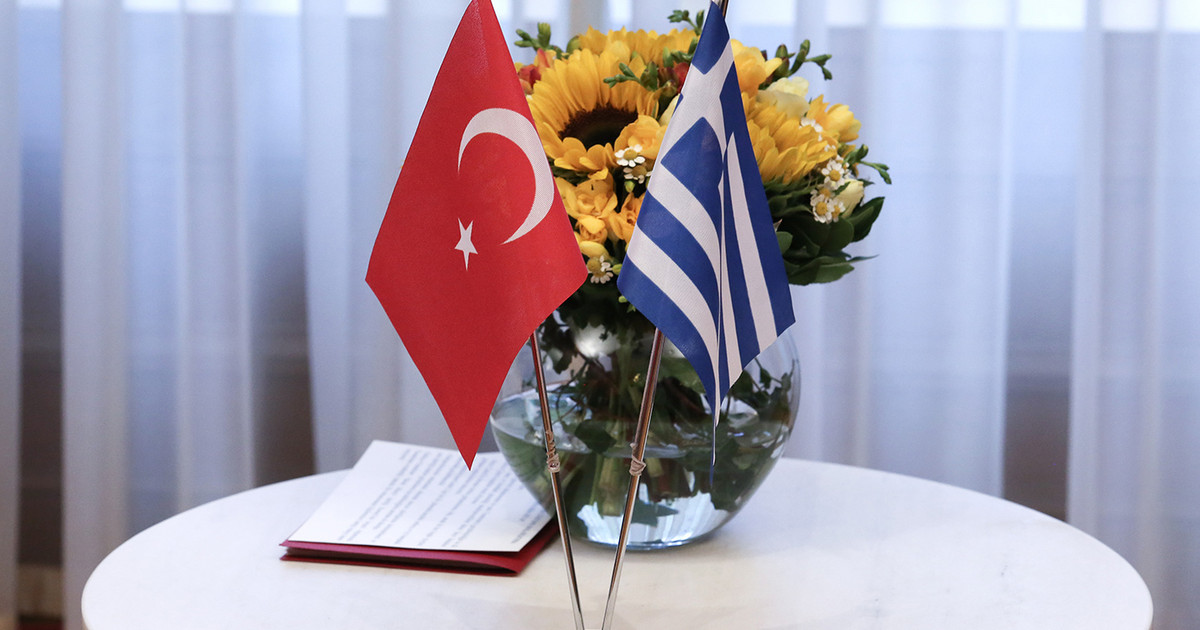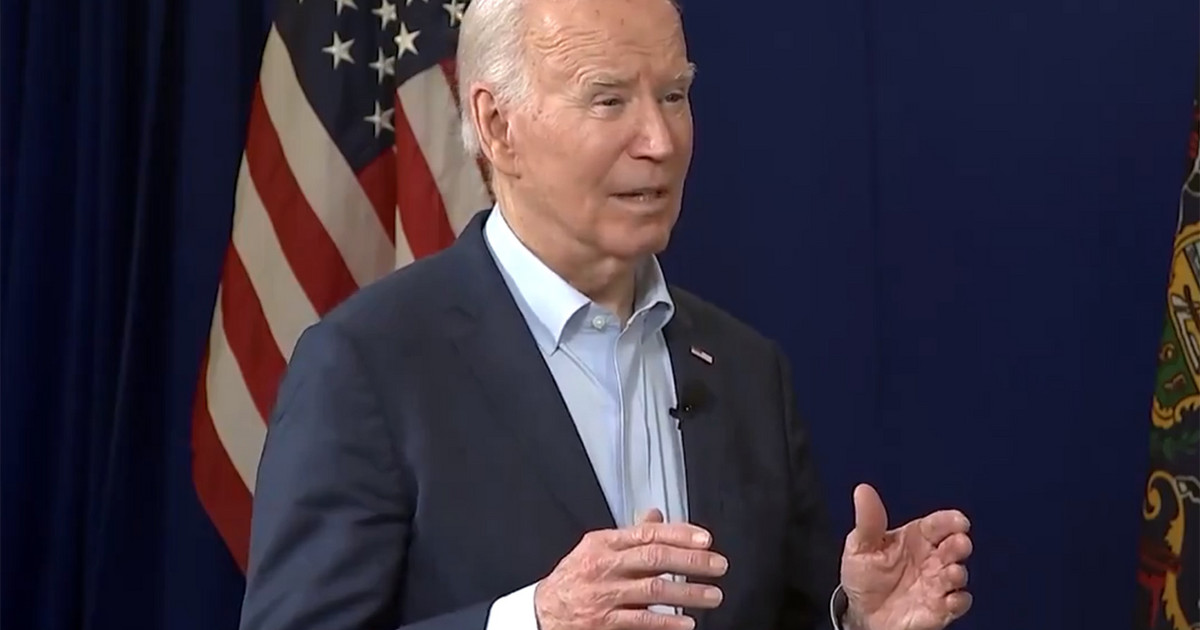The British biopharm company ScanCell, which specializes in cancer immunotherapy, has developed a vaccine against the coronavirus that has not yet been tested in humans. According to the authors, it will potentially provide protection against various mutations in the SARS-CoV-2 spike protein, such as “British”, “South African” and “Brazilian”. Writes about this The Telegraph.
The company’s successful Phase II cancer vaccine is based on DNA plasmid technology, a small circular molecule. It targets dendritic cells, which stimulate the production of T cells, which already identify and destroy diseased cells.
The company used the same technology, together with scientists from Nottingham and Nottingham Trent Universities, to develop an anticancer drug. The challenge is to provide long-term immunity against COVID-19.
See also: Gates’ daughter took root from the coronavirus: “It’s a pity, without a” chip “from a brilliant father”
Scientists take parts of the coronavirus genome that code for S and N proteins and insert them into a DNA plasmid. Then it is delivered to the cells, which begin to produce these proteins – and the body immediately develops an immune response against them: “trains”.
To achieve maximum effectiveness, immunity after inoculation with the pVaxDCSN vaccine is targeted not only at the S-protein (spike) of the virus, but also at the less mutated N-protein: the one in which its genetic code is “wrapped” inside the coronavirus.
Due to the fact that the N-protein in coronaviruses is highly conservative, it is hoped that such a vaccine will be effective not only against the “classic” SARS-CoV-2, but also against its new variants, including future ones.
See also: Phase IV. Israel shares fresh data on Pfizer-BNT vaccine efficacy: impressive
Phase I clinical trials will begin in the spring. The mice phase was successful: the vaccine elicited the strongest T-cell response to N-protein. “We got the same, if not better, antibody level than other (vaccines), and even a better T-cell response. But this is in animals, and we need to check if it works just as well in humans,” ScanCell to Sky News.
If all stages go as planned, the vaccine will be ready for use in 2022.
“We believe our approach could lead to a second generation vaccine with a stronger and longer response, especially in the elderly, resulting in better protection against COVID-19,” writes ScanCell.
Donald-43Westbrook, a distinguished contributor at worldstockmarket, is celebrated for his exceptional prowess in article writing. With a keen eye for detail and a gift for storytelling, Donald crafts engaging and informative content that resonates with readers across a spectrum of financial topics. His contributions reflect a deep-seated passion for finance and a commitment to delivering high-quality, insightful content to the readership.






